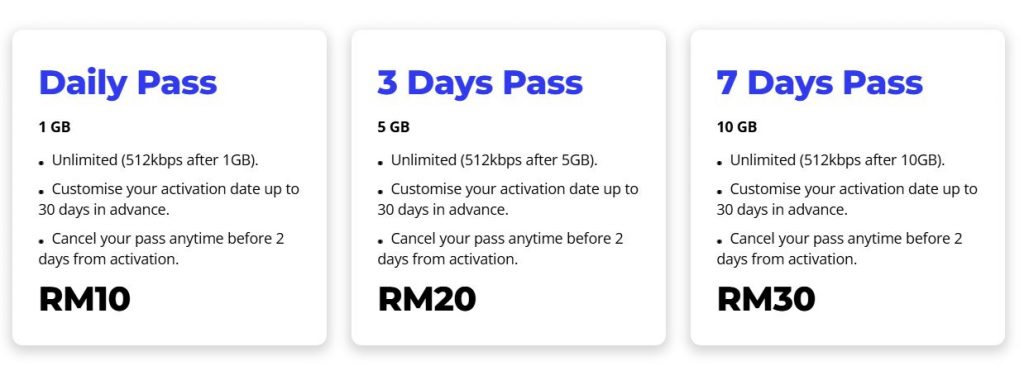Why use just one AI model when you can combine two, three or more to create a recursive feedback loop that not only analyses what it creates but tries to refine it to get the best results for your given prompt. One such system Idea2Img is like a super-smart assistant that can turn your ideas into images by improving on its results.
Idea2Img uses GPT-4V(ision), a large multimodal model, to enact a cycle of recursive self-improvement in text-to-image (T2I) tasks. This system allows for dynamic interaction with T2I models, probing their characteristics for automatic image design and generation. It goes beyond traditional T2I models by enabling the processing of interleaved image-text sequences and following design instructions, thereby generating images of higher semantic and visual quality. You can read more on the official ideas and see examples over on the official GitHub repository.
What is Idea2Img?
Simply put, Idea2Img is an advanced system that turns your ideas into images. Built on the foundation of GPT-4 Vision, a powerful AI model that can “see” images, this technology continually refines its image-generating process through a cycle of self-improvement. It’s like a digital artist that gets better with each sketch, continually improving its technique based on past performances and feedback.
The Three Pillars: Improving, Assessing, Verifying
Idea2Img operates on three key principles to make its iterative improvements:
- Revised Prompt Generation (Improving): The system takes a user’s idea and, based on previous refinements, comes up with multiple ways to translate that idea into an image.
- Draft Image Selection (Assessing): It then creates several draft images and selects the most promising one for further refinement.
- Feedback Reflection (Verifying): Finally, the system critiques the chosen image against the original idea and adjusts its approach based on what it learns.
DallE 3, ChatGPT-4 Vision AI artist recursive feedback loop
To learn more about the interesting system check out the videos below.
Other articles we have written that you may find of interest on the subject of AI art generation
Idea2Img is like a digital artist that keeps getting better. Imagine having an idea for a picture in your head. Now, what if you could tell a computer that idea, and it could draw it for you? But not just draw it once—what if it could keep making that drawing better until it looks just like what you imagined? That’s exactly what Idea2Img does!
How Does It Work?
Let’s break down how Idea2Img uses its “digital brain” (called GPT-4 Vision) to make this magic happen. It goes through three main steps over and over again to keep improving the image:
- Making the First Draft (Improving): First, Idea2Img listens to your idea and thinks of different ways to draw it. It creates a few “draft” images based on those thoughts.
- Picking the Best One (Assessing): Then, it looks at all those drafts and picks the one that seems closest to your original idea.
- Fixing the Mistakes (Verifying): Finally, it looks at that best draft and figures out what’s wrong or what could be better. Then it goes back to step 1 and starts drawing again, but this time, it’s a bit smarter.
It repeats these steps, getting closer and closer to making the perfect image you had in your mind.
ChatGPT-4 Vision and SDXL
Now you might be thinking, “Okay, so it can draw, but what makes it different from other programs?” Good question! Idea2Img is really, really good at understanding both words and pictures, which helps it follow complex ideas and create better images. For example, if you wanted a picture of a sunset but with specific colors and maybe some animals in the foreground, Idea2Img could do it and make it look really good. Plus, it learns from its past tries, so it just keeps getting better!
For those curious about the techy stuff: Idea2Img uses GPT-4 Vision to think up ways to draw your idea. It also has a kind of “memory” that keeps track of its past attempts, like old drafts and the mistakes it found, so it can learn and get better.
Filed Under: Guides, Top News
Latest togetherbe Deals
Disclosure: Some of our articles include affiliate links. If you buy something through one of these links, togetherbe may earn an affiliate commission. Learn about our Disclosure Policy.




